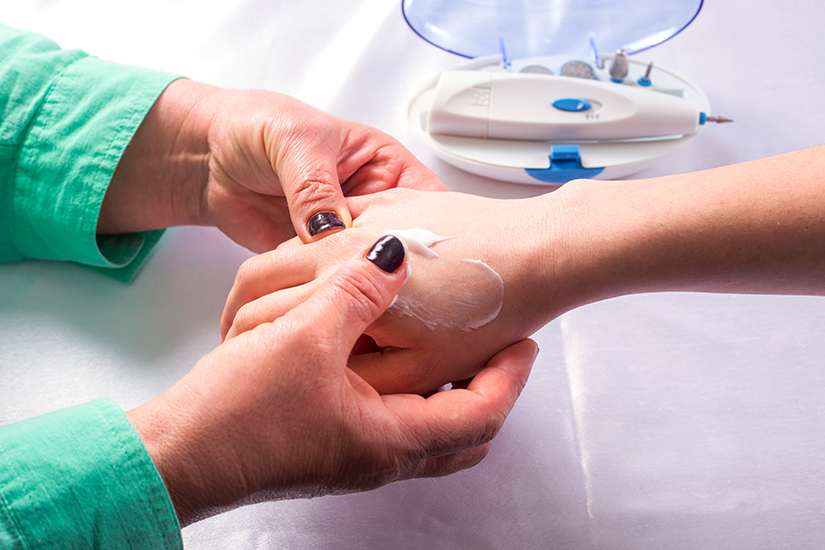- Emergency Ambulance Services
- 8606811111
- 0471-4077777, 0471-7177888
- gro@sutpattom.com
Allergies: Everything you need to know
Dr. Sofia Salim Malik, Senior Consultant Pulmonologist, Allergy, Immunology &Sleep Consultant, SUT Hospital, Pattom
The over reaction of our body to external triggers are said to be allergies. WHO estimates that 20 – 30% of people face problems related to allergies. Allergies occur when allergens act as antigens and react with antibodies in our body. Common allergens are dust, pollen, fungus and small insects around us. This antigen-antibody reaction occurs in airway cells called mast cells. As a result, respiratory allergies or asthma occur when the airways overreact.
Similarly, antigens contained in food products cause a reaction in the sub-mucous layer of the oesophagus, causing symptoms such as diarrhoea and vomiting. Allergies are usually caused by protein-rich foods. Allergies are usually found to substances such as shellfish, milk, eggs, fish and meat.
Another important phenomenon is drug allergy. This can be with pill form, liquid medicines, or intravenous medicines. Allergy to the drug can cause anaphylaxis. Anaphylaxis is a very serious medical condition. Excessively low blood pressure, increased heart rate, respiratory failure and even death can occur due to anaphylaxis. This condition can also be caused by reptile and insect bites or allergies to certain foods.
Regardless of the type of allergy, identifying the cause, avoiding contact and treating the symptoms is essential to maintain the ‘quality of life’ of the allergic person.
Intradermal Allergy Test and Skin Prick Test are the tests that are sufficient to determine the allergen that causes the allergy, besides this, Allergen Specific IgE detection or ELISA/RAST Test can help to determine the antibodies in the blood.
Once the causative agent of the allergy is identified, immunotherapy is an effective treatment. Immunotherapy is a method of reducing the over reaction of immune system of the body by using the allergens. Allergies may occur at the previous stage of this treatment, but immunotherapy is a treatment with no side effects. Allergy diagnosis and treatment should be done in an allergy clinic equipped to handle symptoms ranging from minor symptoms to anaphylaxis.









